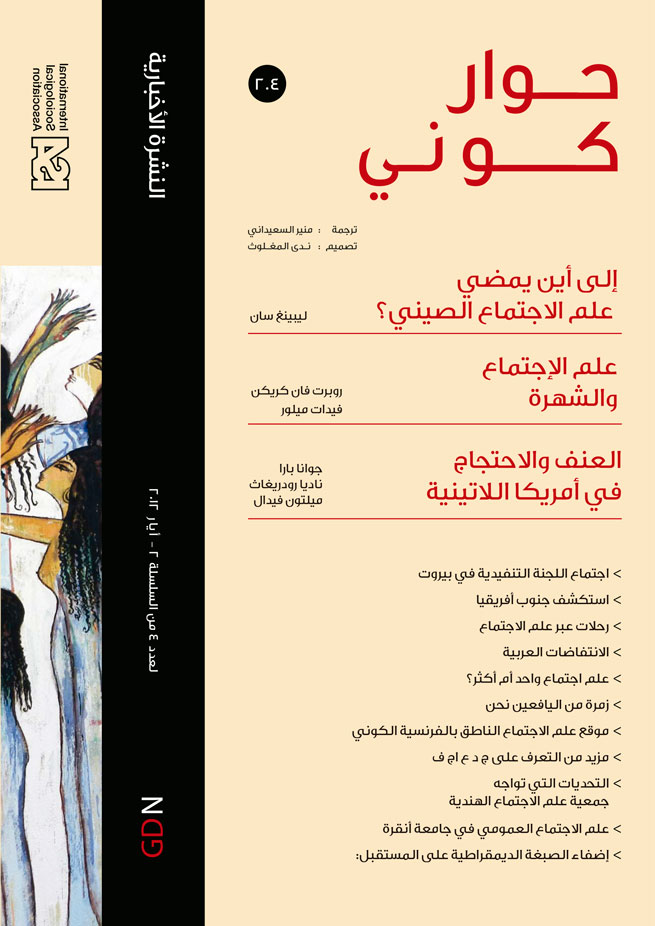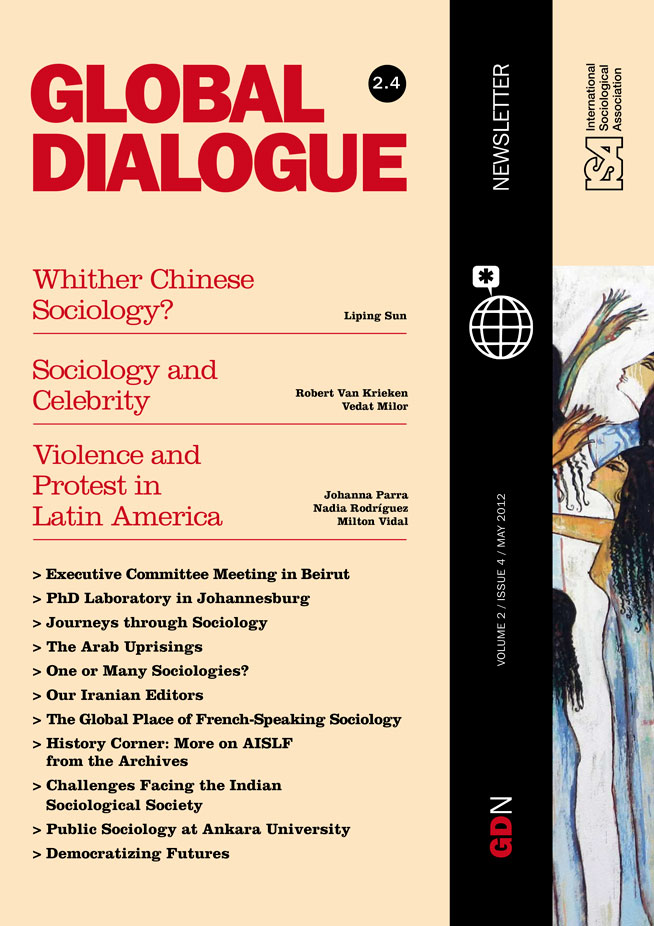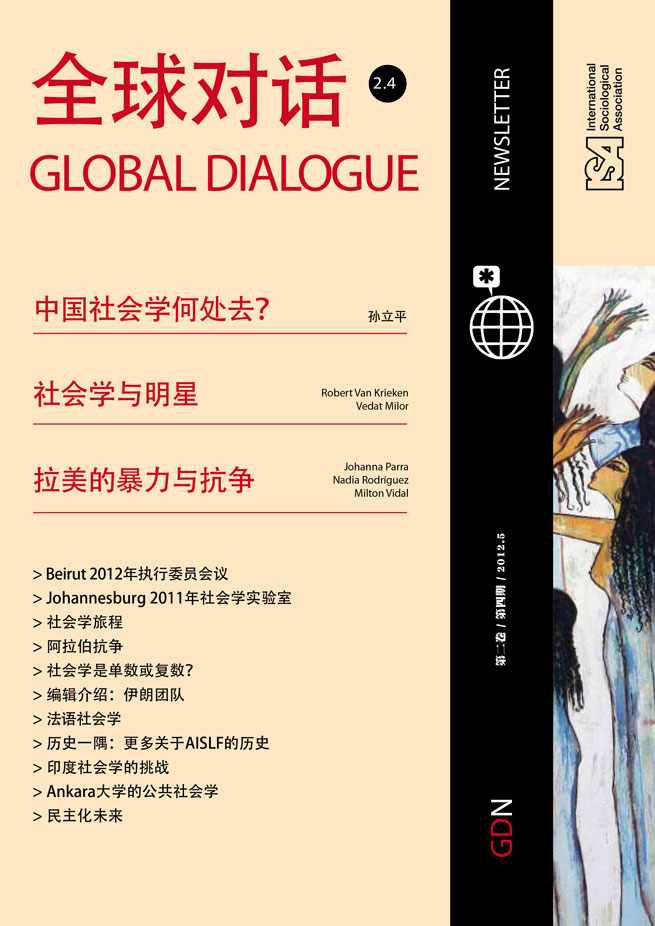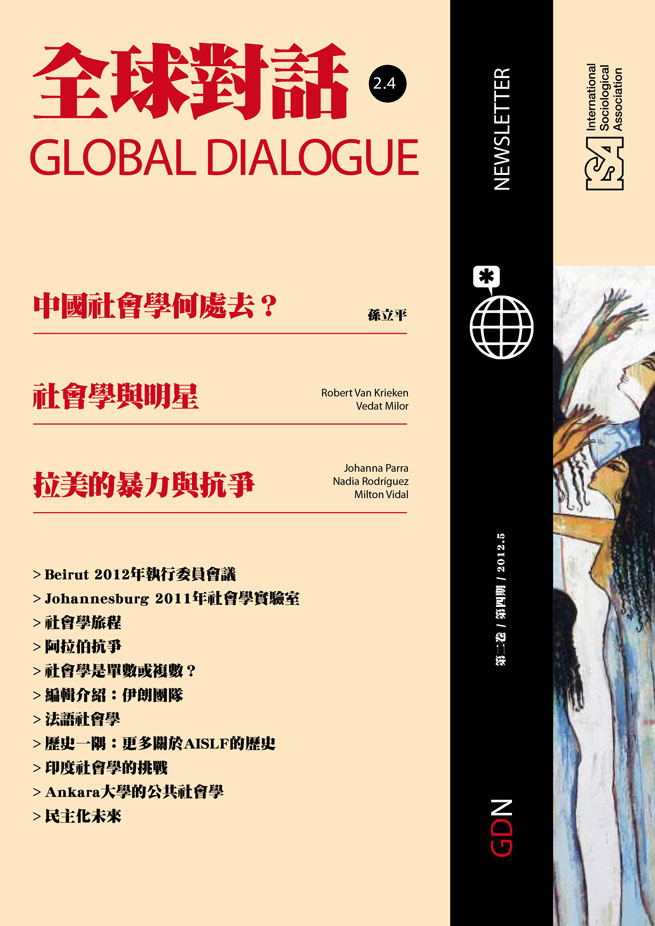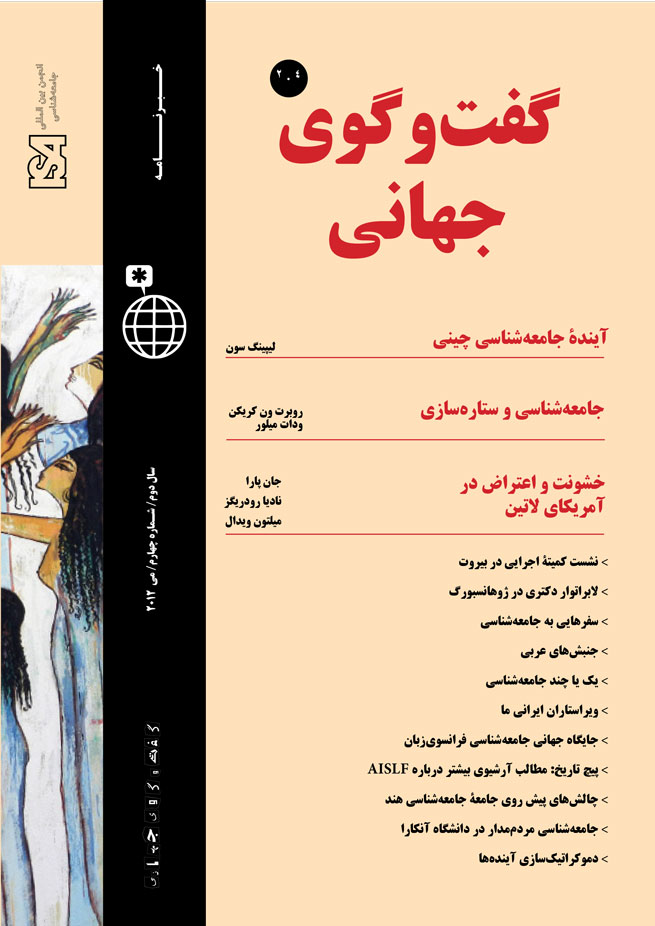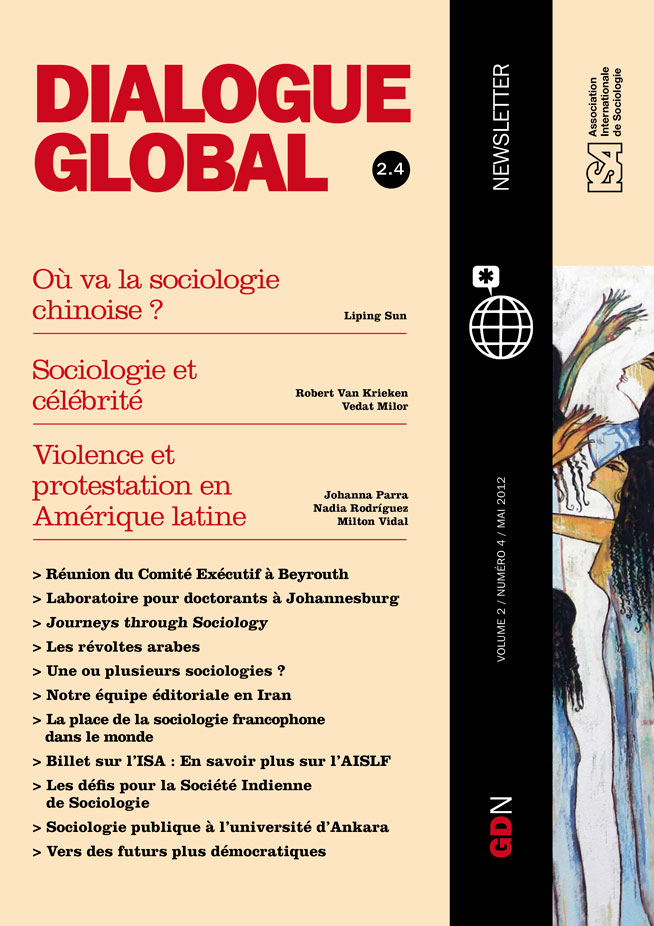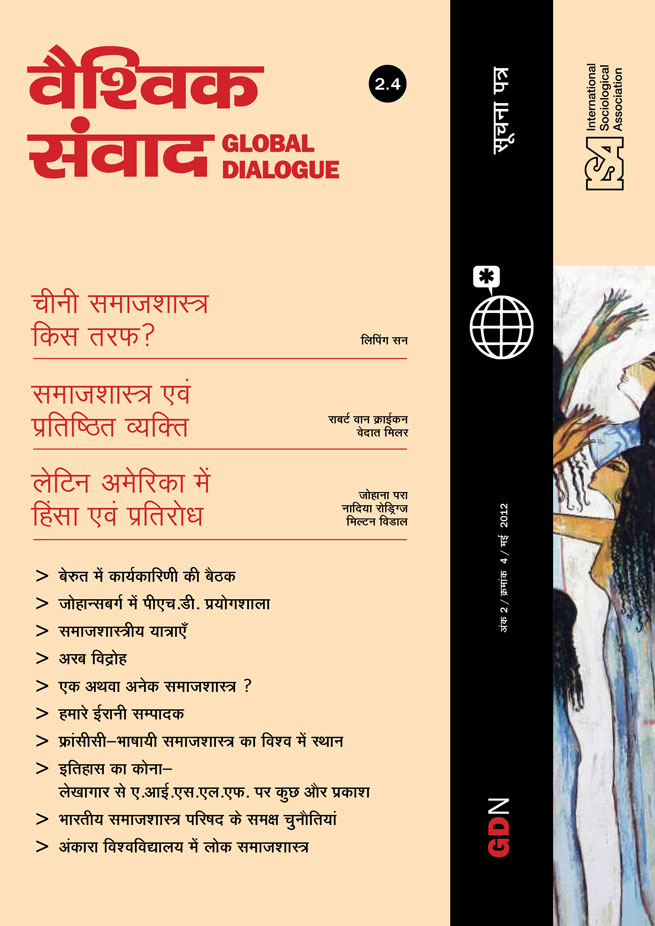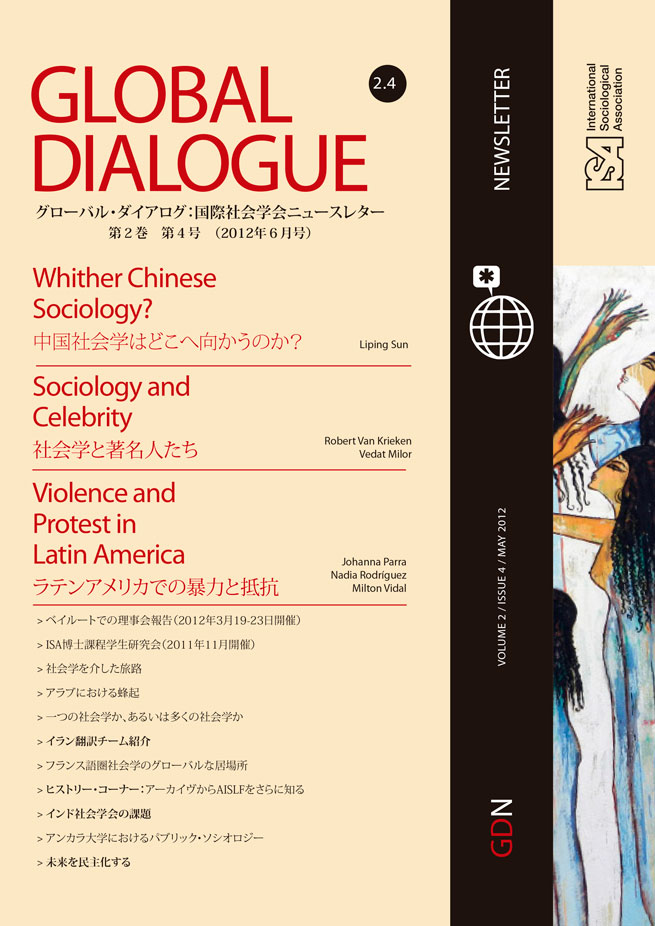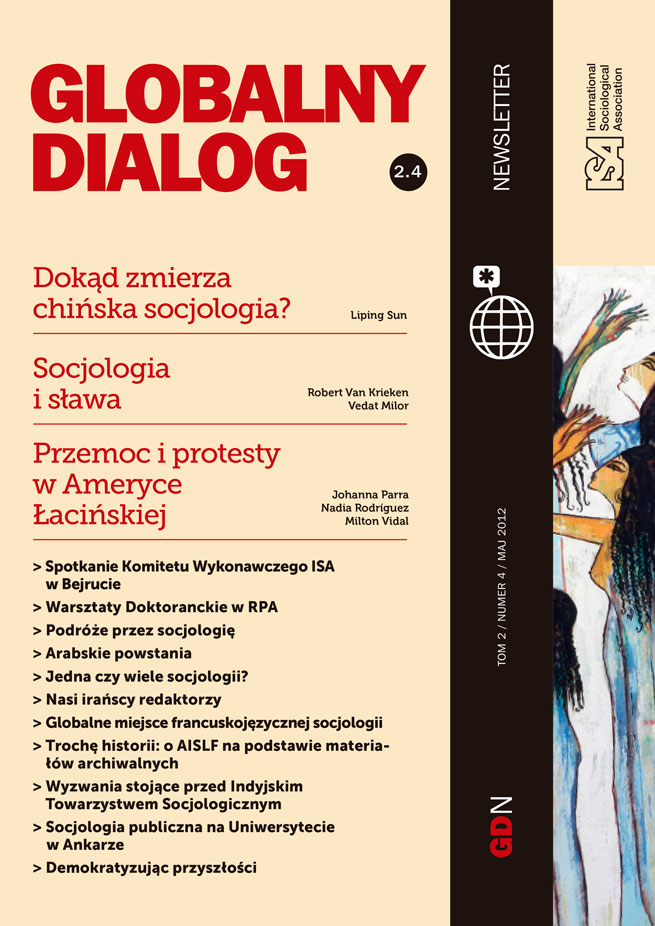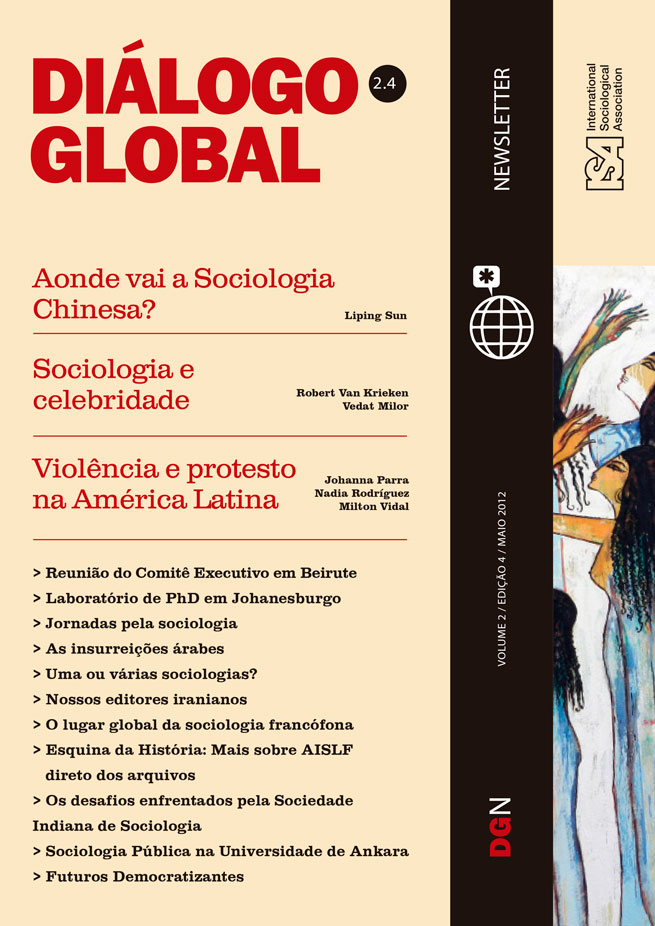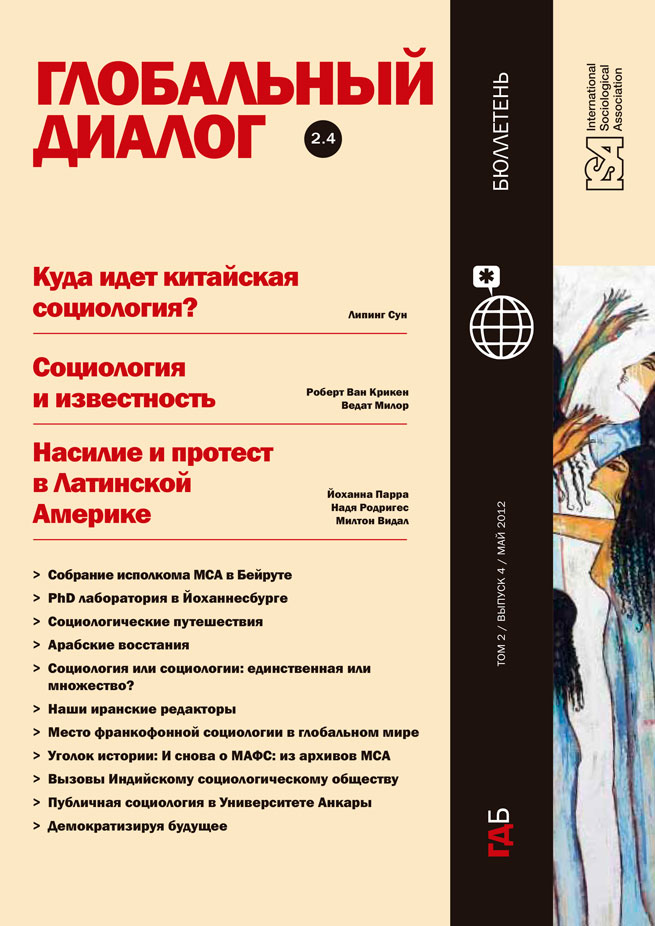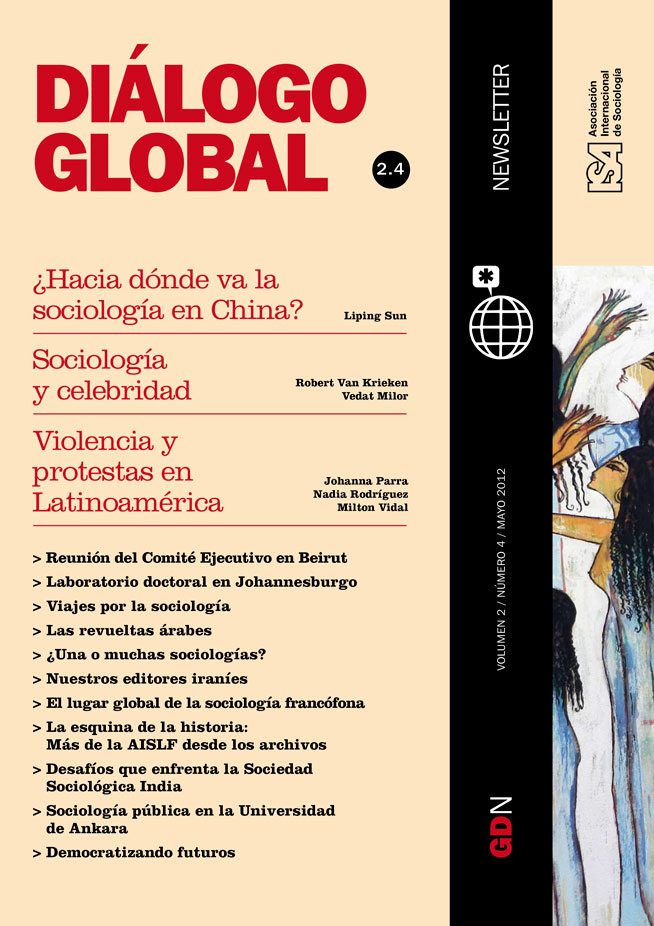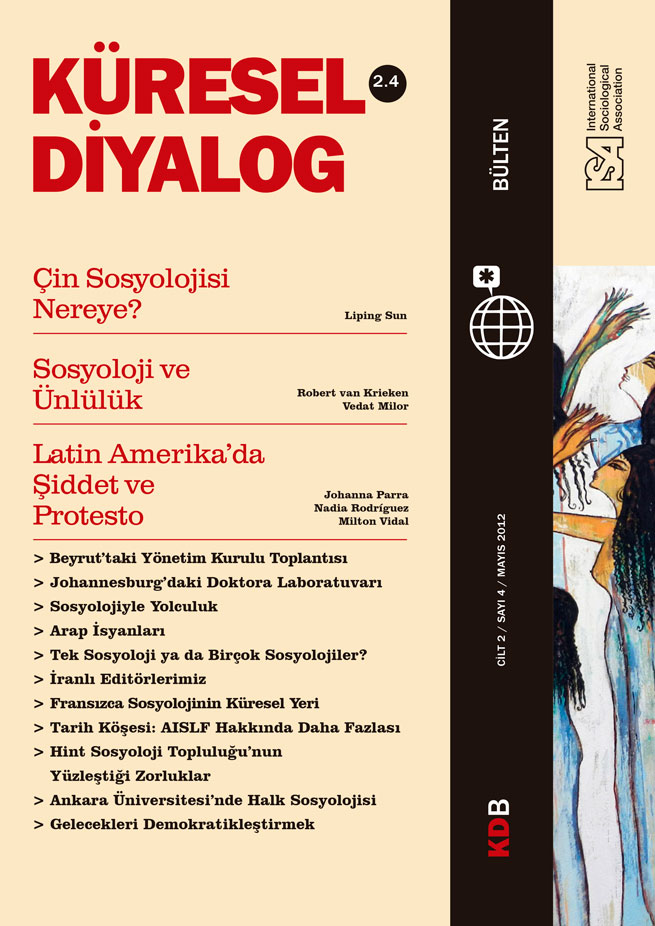Whither Chinese Sociology? An Interview with Liping Sun
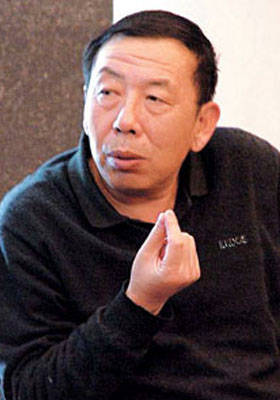
July 31, 2013
This interview was conducted by Michael Burawoy for Global Dialogue with the mediating work of Professor Yuan Shen, Lina Hu and Xiuying Cheng. Liping Sun is one of the leading public intellectuals in China today. He is a Professor of Sociology at Tsinghua University, Beijing.
MB: Recently you have written about the stalemate or stagnation of Chinese development, or what you referred to as the “transition trap.” What do you mean by “transition trap”?
LS: The transition trap refers to the vesting of interests under the reform process that prevents further reform. Those who have benefited from the reforms want to maintain the status quo, they hope to freeze the institutional forms with their transitional characteristics, and they want to establish “mixed institutions” that will maximize their interest. All this leads to the distortion of social-economic development and the accumulation of economic and social problems. Compared to the Soviet Union and Eastern Europe, the Chinese transition is viewed as a step-by-step model, and herein lies the problem, the early success of this reform process has now set up its own barriers.
MB: What exactly do you mean by this?
LS: The economic success of China was guaranteed by state monopoly of all kinds of resources and its strong administrative capacity. This particular model of economic development was founded on corrupt bureaucrats working through a rent-seeking state. The expansion of this powerful bureaucracy, however, has obstructed further transition towards a real market economy, one operating under “rule of law.”
MB: You are a well-known public intellectual in China. What does this mean to you? In reality how do you disseminate sociology to different audiences? How are you influenced by your public sociology?
LS: The difference between the “traditional” sociology and “public” sociology can be seen as follows. The primary interest of traditional sociology is to produce knowledge about social life. Though this knowledge will also influence society, it happens only “indirectly,” as an unintended consequence. In contrast, though public sociology also produces knowledge about society, its primary interest is to influence society. In Robert Merton’s words, the manifest function of traditional sociology is to produce knowledge and the latent function is to influence society. Public sociology is the exact opposite.
The differences between the two types of sociology are expressed in the choice of research topic and the way conclusions are drawn. When we choose a research topic in China, priority is given to what are the most important social problems that require answers. For instance, our research on the change in social structure during the transition process, on social contradictions and conflicts, on the transition trap, and so forth. Our goal is clear: to reach conclusions that will influence the public understanding of the issue, and even influence the government’s policy making.
There are three major channels of influence: publishing academic papers in academic journals so as to influence the direction of the discipline; giving speeches in public media (including social media such as twitter) so as to influence public understanding; writing topic-specific research reports, and influence the government through their publication in the news media and social media. However, generally speaking, we don’t engage ourselves directly in social actions.
MB: How do you see the role or function of sociology in contemporary China?
LS: Because China is a transitional society undergoing dramatic social change, sociology has a greater impact on public life. In this era, sociology can influence public thinking as well as government policy. Thus, the different industrialization models developed by sociologists such as Township and Village Enterprises (TVEs) and the recommendations concerning the integration of rural and urban development became state-sponsored policies at the local level. Theoretical concepts introduced by sociologists, such as “community,” became the catchword of state policy documents and informed practice in public life after the dismantling of the work unit system.
MB: What are the dilemmas of the Chinese public intellectual today? Is there anything you can’t write or talk about? Or do you have special ways of circumventing sensitive issues? How do you survive as a critic of the state?
LS: Under the current situation in China, there are indeed many limitations to face when speaking about public affairs. However, at the same time, it should be noted that the space for public intellectuals is bigger than you might imagine. Many public issues can be addressed directly. Some sensitive topics could also be expressed through “tactful twists.” For example, one can talk about reality by talking about history, or one can talk about China by talking about the Soviet Union and Eastern Europe, and so on. Since the appearance of the Internet, blogs, and twitter, the space to directly discuss some sensitive issues has considerably expanded, because the control over these new media is looser. I should also add that sociology’s objectivity and its focus on evidence, in other words its scientific character, also help to expand the space for openly dealing with public issues.
MB: How did you come to sociology? I know you spent a lot of time doing oral history projects with the peasantry. What did you learn from such sociological research?
LS: I used to be a student of media and then I converted to studying sociology when I was a senior in college. This was a time when sociology was being rebuilt in China after being abandoned for almost 30 years. In the 1980s, my major research interest was modernization because, at that time, it was the central topic in Chinese society. My study of rural areas through oral history started in 1996. The goal was to collect information on rural society in order to understand the daily life of peasants and the “communist logic of practice” implied in their daily life. We wanted to analyze the Chinese market reforms as a process of “civilizational transition,” that is a process that organized social life, embedded in everyday practices. That is why I went to the rural areas to interview peasants about their experiences in the revolutionary period.
MB: What changes in sociology have you seen in the past 30 years? What’s your vision of the future of Chinese sociology?
LS: The American academy is concerned with the accumulation of knowledge, the European academy is concerned with values, and the Chinese academy is concerned with reality. That is to say, the Chinese academy has a tradition of caring about reality. However, due to the influence of American sociology, as well as some other factors, there is now a declining interest in reality in Chinese sociology. Sociology seems to have become the study of sociology itself rather than society. Even when the research is about society, it tends to produce a very fragmented knowledge.
I have always believed that it is very important to study social transitions, especially through an examination of their processes and events. This is important even if we are concerned about the development of sociology itself. As for sociology, the founding fathers of our modern discipline were all concerned with explaining capitalist civilization. On the other hand, communism undoubtedly presents another major civilization within human history. It has a set of institutions, values and logics that are very different from Western capitalism, and it has undergone a historical transformation in recent years. I believe that the study of the features, logics and transition processes of this communist civilization should become the new inspiration and motivation for contemporary sociology and, indeed, of social science more generally.
Michael Burawoy, Editor of Global Dialogue, with Yuan Shen, Lina Hu and Xiuying Cheng
Liping Sun, Tsinghua University, Beijing, China

